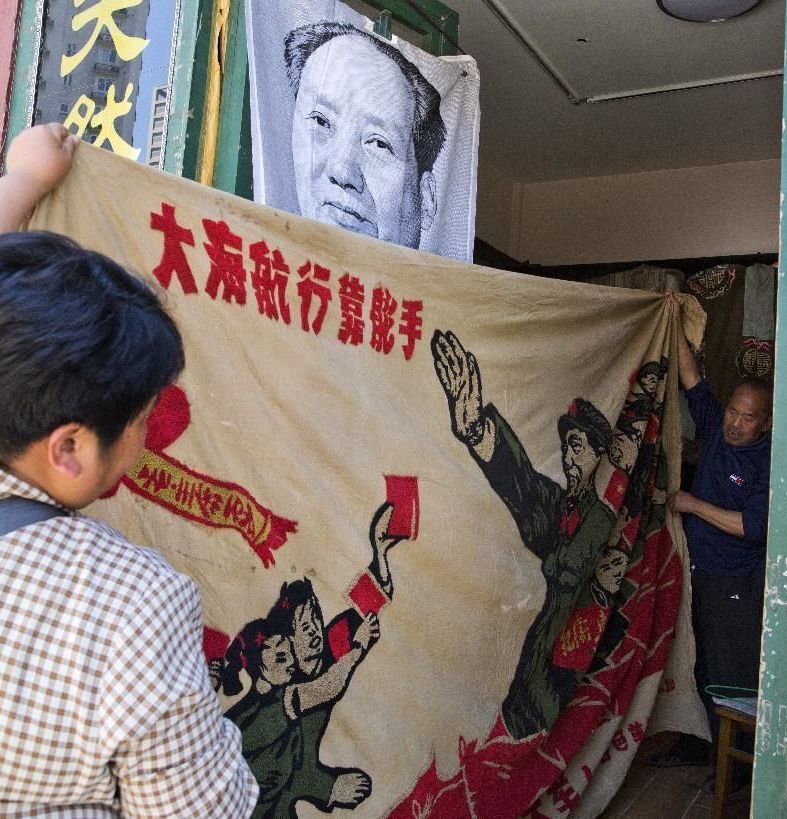China barely notes start of Cultural Revolution 50 years ago
Exactly 50 years ago, China embarked on what was formally known as the Great Proletarian Cultural Revolution, a decade of tumult launched by Mao Zedong to revive communist goals and enforce a radical egalitarianism. The milestone was largely ignored Monday in the Chinese media, reflecting continuing sensitivities about a period that was later declared a “catastrophe”. Authorities have generally suppressed discussion of the violent events, now a couple of generations removed from the lives of young Chinese focused on pursuing their own interests in an increasingly capitalistic society.
The movement wasn’t so much a high-profile political struggle as a massive campaign against humanity.
Veteran journalist Gao Yu
On May 16, 1966, the ruling Communist Party’s Politburo met to purge a quartet of top officials who had fallen out of favor with Mao. It also produced a document announcing the start of the decade-long Cultural Revolution to pursue class warfare and enlist the population in mass political movements. Egged on by vague pronouncements from Mao, students and young workers clutching their leader’s famed “Little Red Book” of sayings formed rival Red Guard factions starting in 1966 that battled each other over ideological purity, sometimes using heavy weapons taken from the military. No official events were held to commemorate Monday’s anniversary, although neo-Maoists have been staging private commemorations.
Memory has dwindled, but discussion of the Cultural Revolution has significantly expanded online.
Yang Guobin, a sociology professor at the University of Pennsylvania

cultural revolution